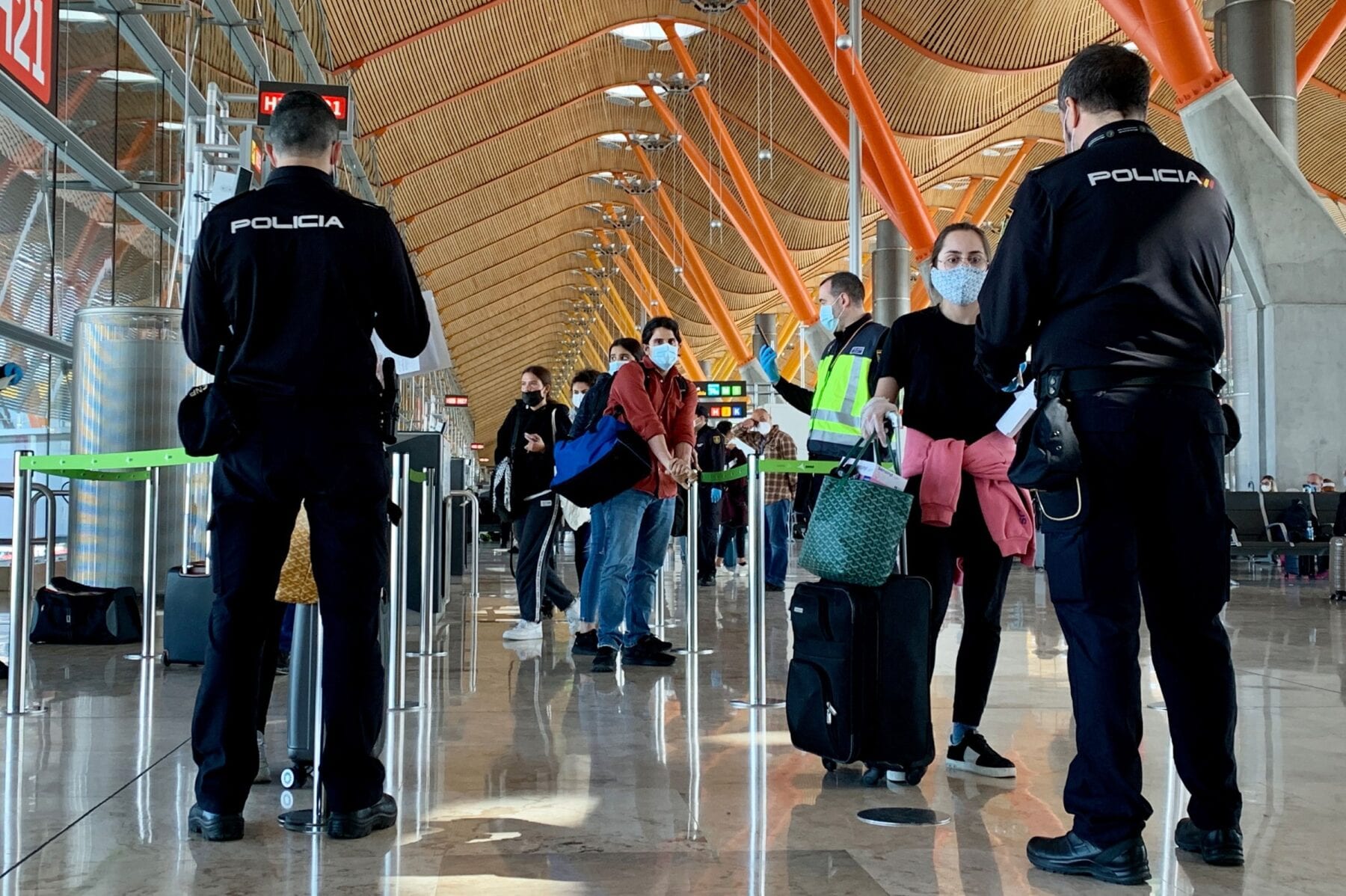Spanish government extends travel bans on flights from the U.K., South Africa, and Brazil until March 2 to prevent the spread of the new, more dangerous coronavirus variants.
Citizens and residents of Spain are still allowed to return home from the affected countries. However, they will have to present proof of a negative COVID-19 PCR test taken no more than 72 hours before arrival.
Passengers traveling from Brazil and South Africa have to undergo further antigen testing at the airports.
Although there are no direct flights between Spain and South Africa at the moment, travelers who started off in those countries are also subject to these restrictions.
General entry rules include filling a Health Control Form (FCS) and screenings for COVID-19 symptoms upon arrival. Furthermore, travelers coming from high-risk areas must present a negative PCR test no older than 72 hours.
The halts were initially imposed on flights from the U.K. on December 22, 2020. They were extended on arrivals from South Africa and Brazil on February 3 due to the high COVID-19 death toll.
Last week on Tuesday, February 2, Spain recorded 724 daily fatalities. Another 766 lives were lost yesterday, on February 9, which now results as this year’s worst day for COVID-19 deaths in Spain.
Surprisingly, the number of infections seems to be decreasing. There were 16,402 new Coronavirus cases reported yesterday, compared to over 29,000 newly infected people the same day previous week.
As of today, Spain is at the end of the first phase of its vaccination program. Nearly all nursing home residents have been immunized against the virus, whereas most healthcare workers have received their first dose.
Adults requiring daily assistance who are not in residential care are the next ones in the row. Some of the country’s regions, such as the Canary Islands, Murcia, and Navarre, have already progressed to the step.
According to the latest data from the Ministry of Health, all Spanish communities have delivered over 70% of the doses received. Therefore, the country might soon face a vaccine shortage.


